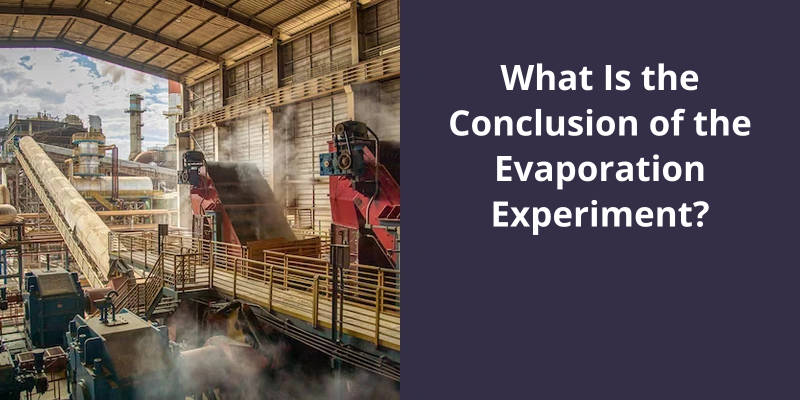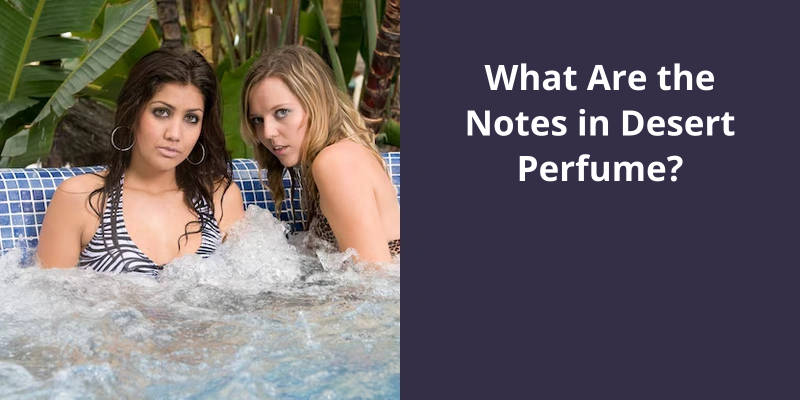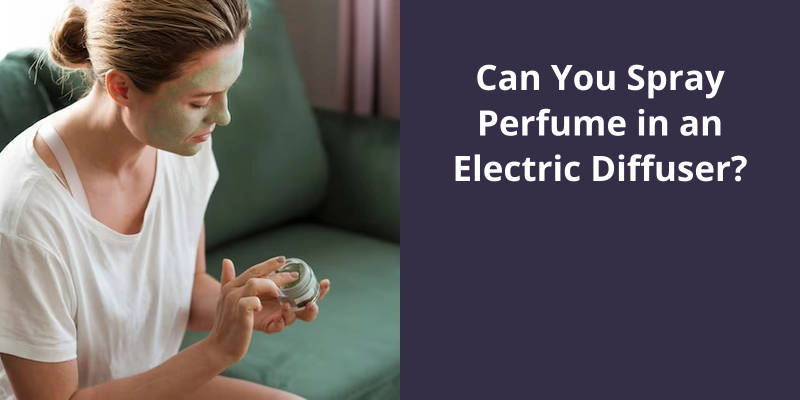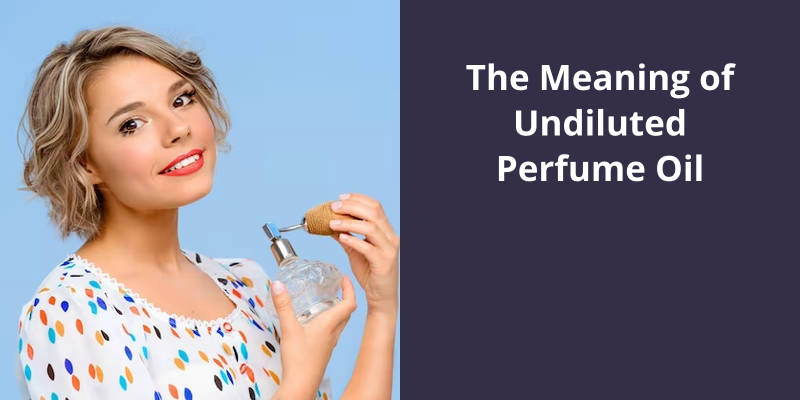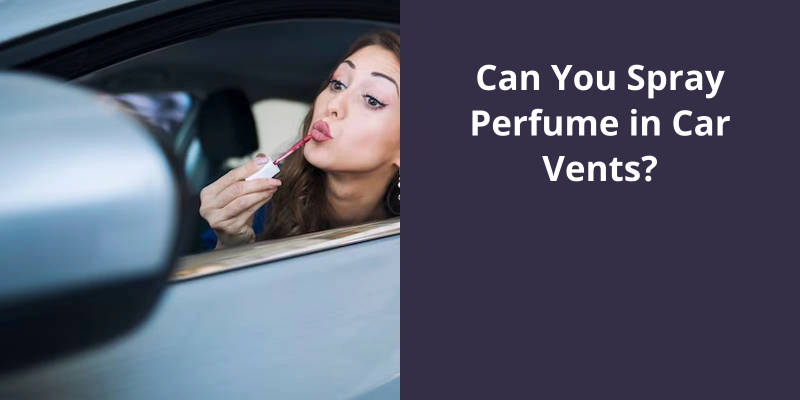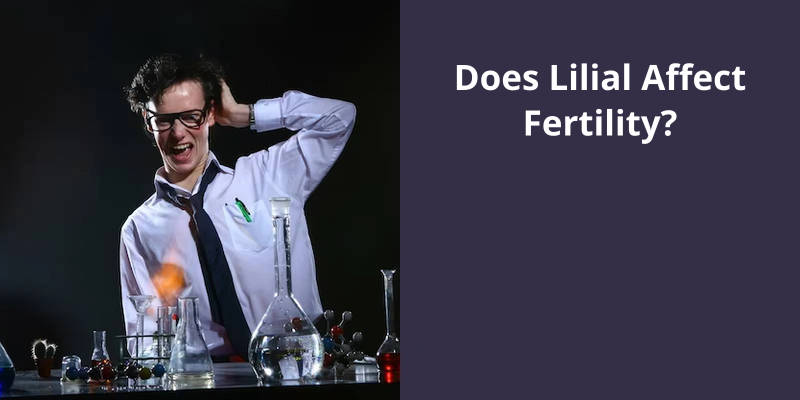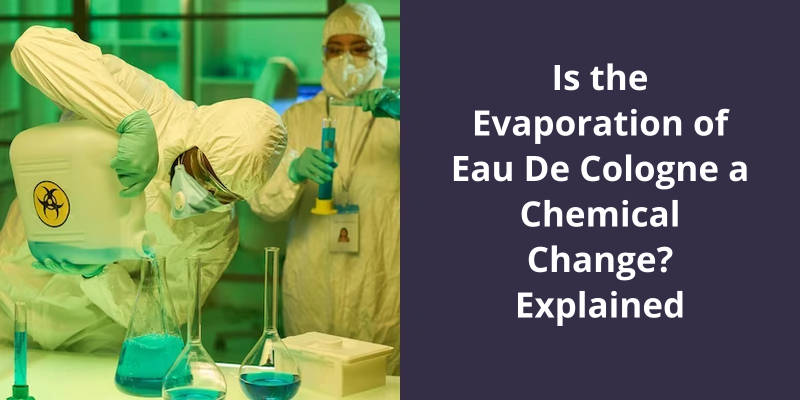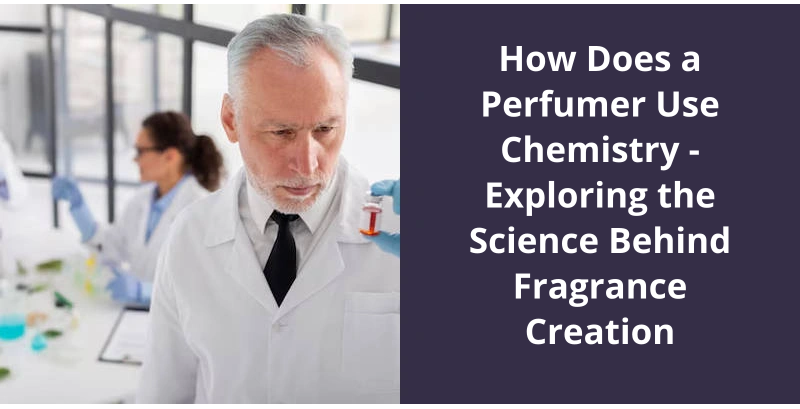What Is the Conclusion of the Evaporation Experiment?
The conclusion of the evaporation experiment typically demonstrates that evaporation is a process influenced by various factors. For instance, it might infer that increased heat or wind speeds up evaporation while reducing these factors lowers the rate. It often shows that liquid in a wider container evaporates faster due to a larger surface area exposed …
What Is the Conclusion of the Evaporation Experiment? Read More »

